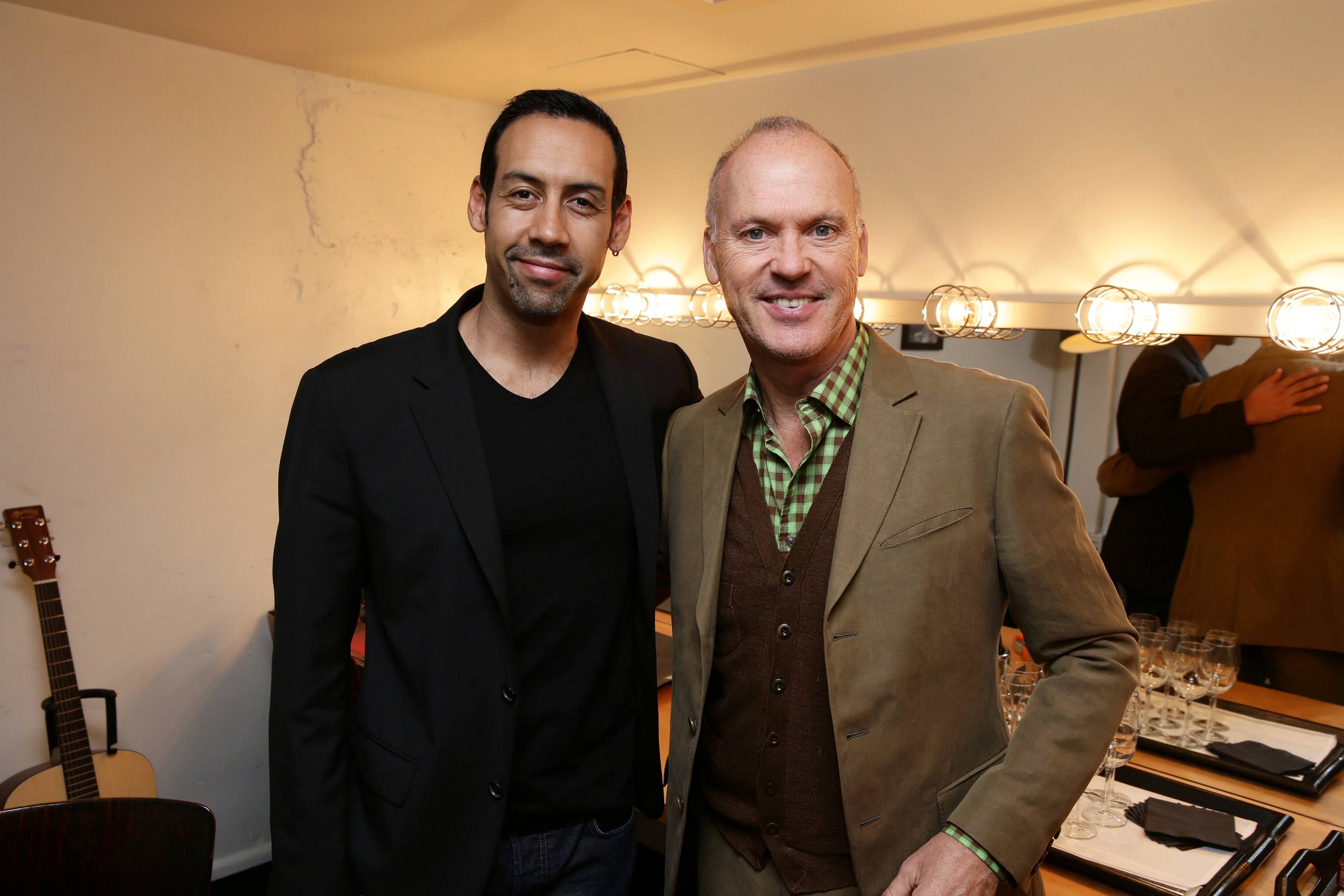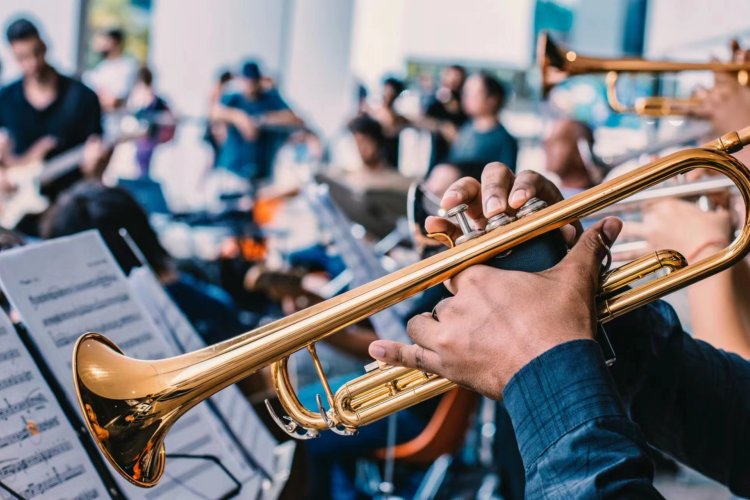Jazz Drummer and 'Birdman' Scorer Antonio Sánchez Talks Oscar Controversy and Trump Ahead of Blue Note Gig Tonight
After scoring a modern Hollywood classic, Antonio Sánchez longed to bring that same cinematic quality to his concerts. The prodigious Mexican drummer – who has been playing professionally since his teens and has long been acclaimed in jazz circles – broke into the mainstream in 2014 after being tapped by director Alejandro G. Iñárritu to score his hit, Michael Keaton-starring film Birdman, for which Sánchez won a Grammy.
Since then, Sánchez has released the 2015 album The Meridian Suite which he plays with his backing band, The Migration, in one continuous go, taking inspiration from the extended, uninterrupted tracking shots that Birdman was famous for. He also released a political, Donald Trump deriding LP this year called Bad Hombre, which has also been nominated for a Grammy.
Ahead of his gig tonight at Blue Note Beijing, Sánchez tells us about this Tinseltown successes and scuffles, breaking beyond jazz's constraints, and living up to the legacy of his legendary grandfather, Mexican silver screen star Ignacio López Tarso.
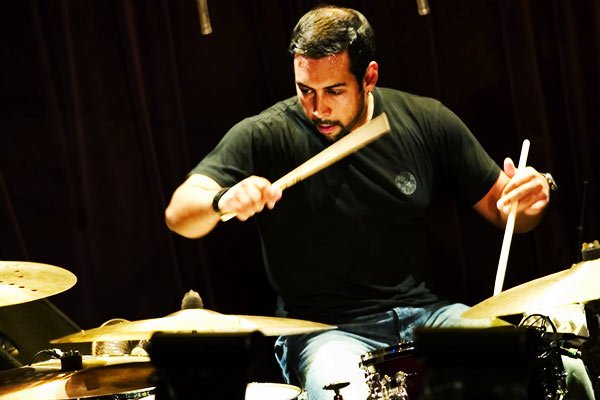
What can people expect at tonight's show?
We’ll be playing from my 2015 album, The Meridian Suite, an hour-plus piece that I wrote as a continuous composition. It’s my attempt at writing a musical novel, where I can develop a story over a long period of time. It combines a lot of acoustic and electronic elements, and it incorporates rock and roll, fusion, electronica, free jazz, and Latin rhythms. We play it straight through, and it’s been a great thing to do in front of people, and to see their reaction as they get sucked into the story.
What challenges lie in telling a story through music?
The idea with this piece is to develop the story over a long period and to develop the characters of the story. The characters are the melodies, the rhythms, and the harmonies of the piece that keep coming back at different points of the composition. It’s like a movie; we’re trying to tell a story that's cinematic and that’s told in one continuous shot because we play the composition straight through.
It sounds like Birdman in some ways, because that movie is famous for its long takes.
Absolutely. When you watch that film it seems like one continuous shot, and that’s what I’m trying to do musically here. And the reaction from the audiences has been really good because it’s something different for them.
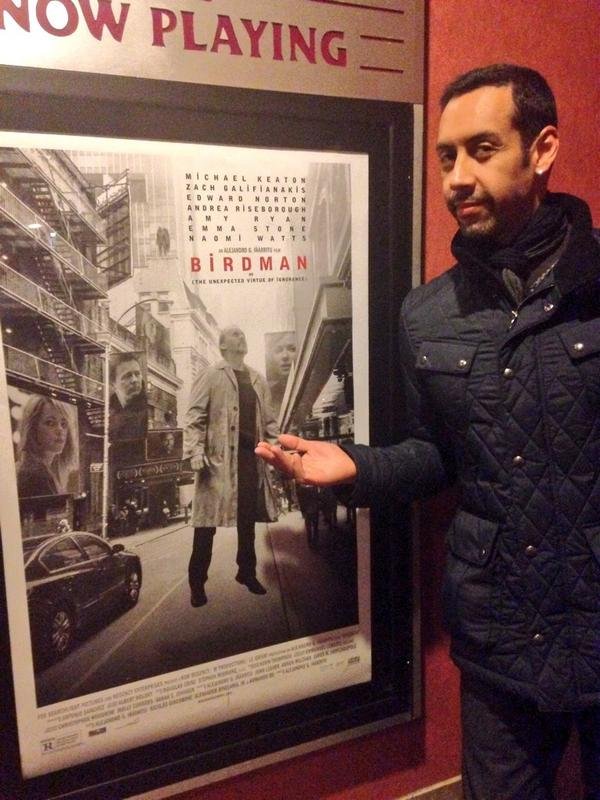
Speaking of Birdman – which part of that score are you most proud of?
Well, the beginning of the film when the credits roll is one of my favorite parts. And there’s another scene where Michael Keaton is destroying his dressing room in the theater, and that’s a very intense scene that I love as well. But I love the whole movie – every scene has very interesting characteristics.
A lot of people thought that you should’ve been nominated for an Oscar for Birdman's score, but then some controversy broke out when the Academy snubbed you because they felt there was too much classical music in the film.
Yes, that was of course frustrating at the time. At first, they said the percentage of classical music was higher than that of original music in the film, and that was a mistake on their part. Once we did the recount and showed them, they realized they were wrong. But they nevertheless gave us another reason: the classical music “diluted” the original music too much. So it seemed like they wanted to just get rid of my score.
But honestly, that controversy was better than getting an Oscar in the end, because a lot more people got curious about the score. Then, the score winning a Grammy later that year made up for the frustration with the Oscars.
And on the other hand, just being part of a film like Birdman must’ve been gratifying on its own, regardless of awards. After all, before this project, your work was critically acclaimed and award-winning but didn’t reach nearly as wide an audience.
Oh yeah, of course. The fact that my name is tied to a Hollywood movie that’s part of the culture now, it definitely made my name resonate in circles that were inaccessible to me before. My name was in so many film and entertainment publications that a lot of people became aware of me for the first time. Jazz artists like myself often try to break away from just the jazz audiences. And this was a very big help for that.
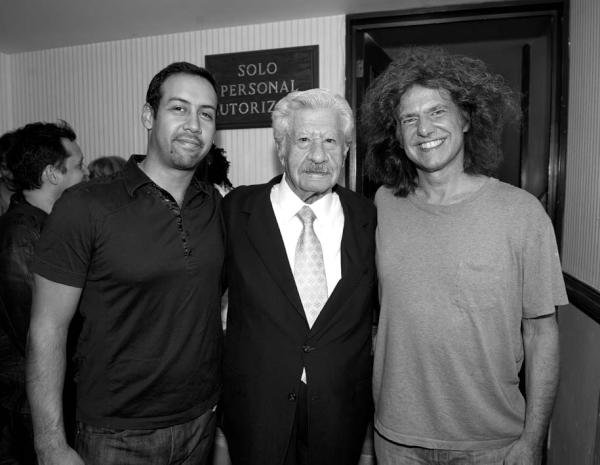
Lastly, what does your grandfather, the famous Mexican actor Ignacio López Tarso think of your success?
He’s one of the people that I admire most. He’s still acting at 92, which is a huge inspiration for me. And the fact that he could support a family just by doing what he loved made me believe I could also do it – even though I wasn’t in acting and there were no other musicians in my family, between him and my mother I had plenty of support to go on and try to make the best out of the situation I had in front of me, which was the opportunity to study music.
To this day, I have a great relationship with my grandfather. I recently went back to Mexico, and I saw his new play, which was incredible. Then I showed him my latest record [2017’s Bad Hombre]. On the first track, I sampled dialogue from one of his films where he’s telling stories about the Mexican revolution. The album’s title, Bad Hombre, is a reference to how Donald Trump described Mexicans at one of his rallies. So I wanted to put something very Mexican on the record, then thought: “What could be better than my grandfather telling stories about the Mexican revolution with a mariachi band?” When I showed my grandfather the piece he was very touched, and when it went on to be nominated for a Grammy, he was very happy for me.
Antonio Sánchez will perform with his band, The Migration, at Blue Note tonight, Dec 7 at 7.30pm. Tickets are RMB 400. For more information, click here.
More stories by this author here.
Email: kylemullin@truerun.com
Twitter: @MulKyle
Instagram: mullin.kyle
Photos: Indie Wire, filmmusicreporter.com, grandablogs.com, Twitter

